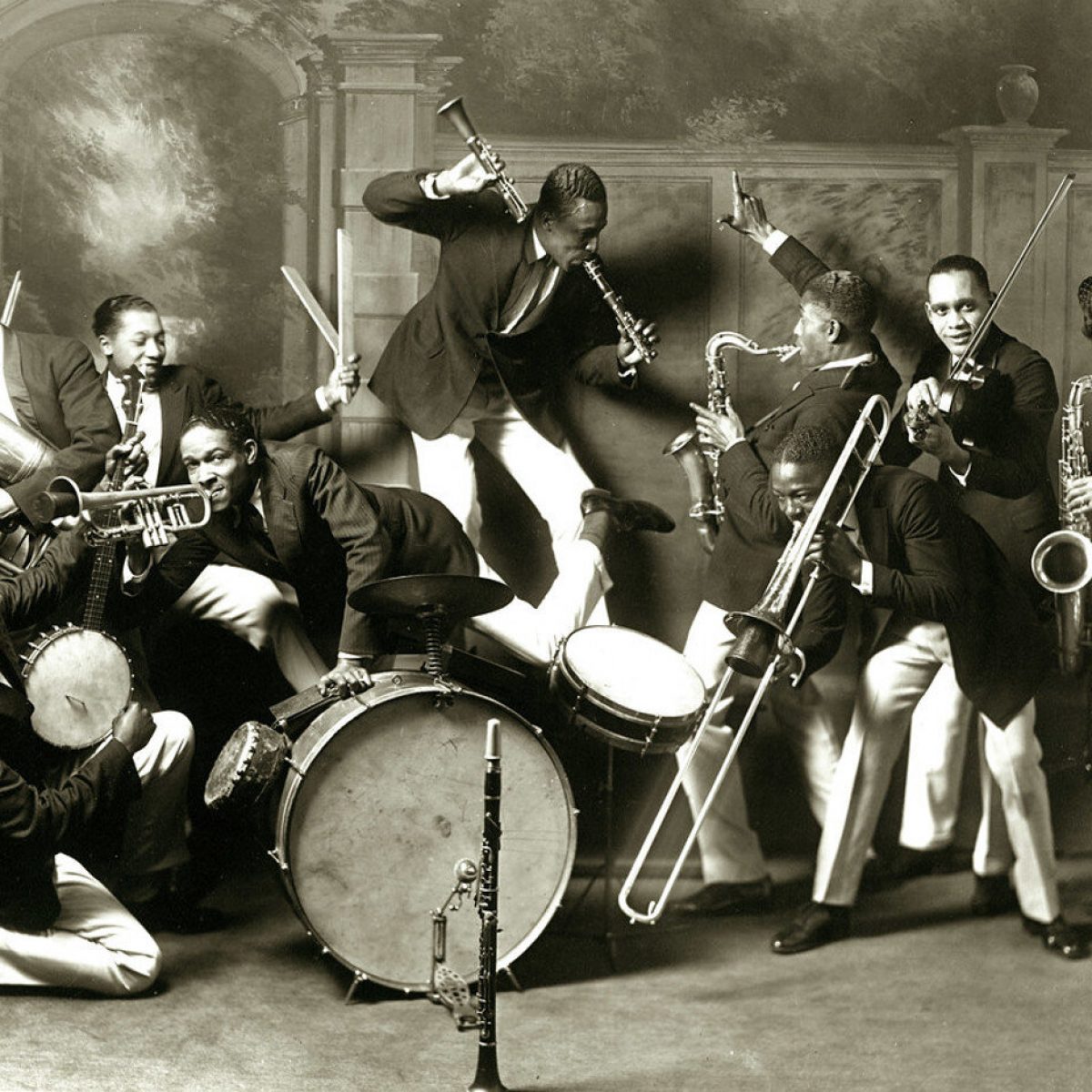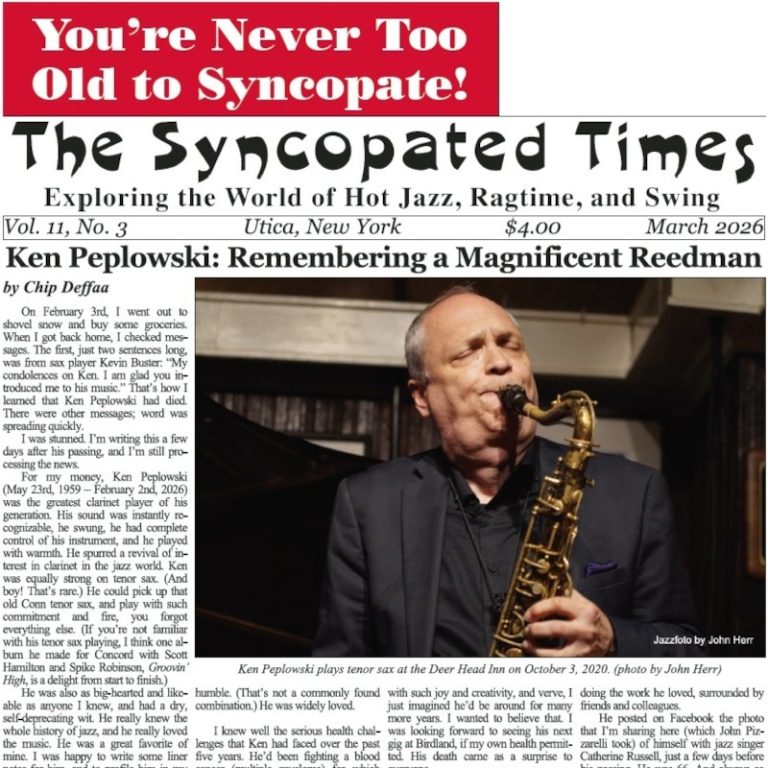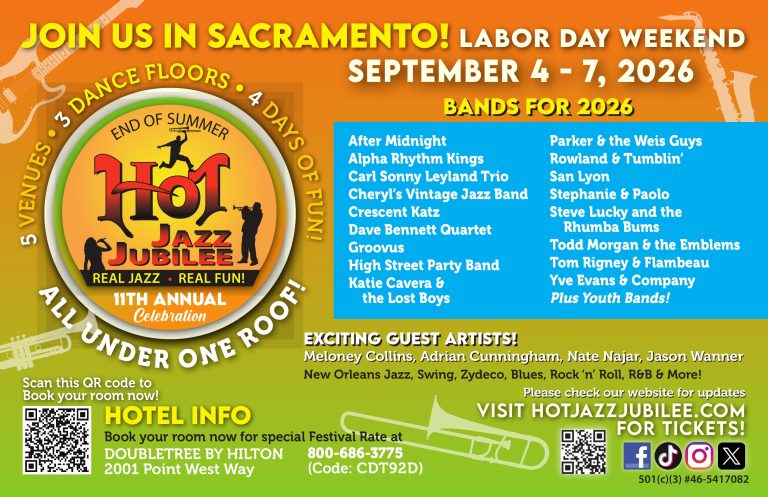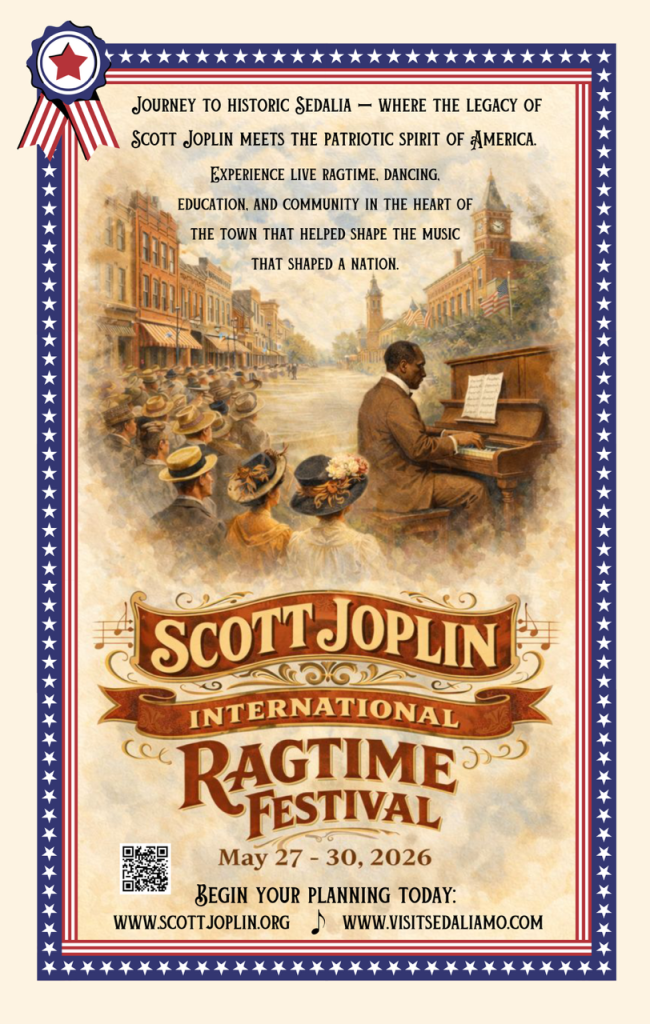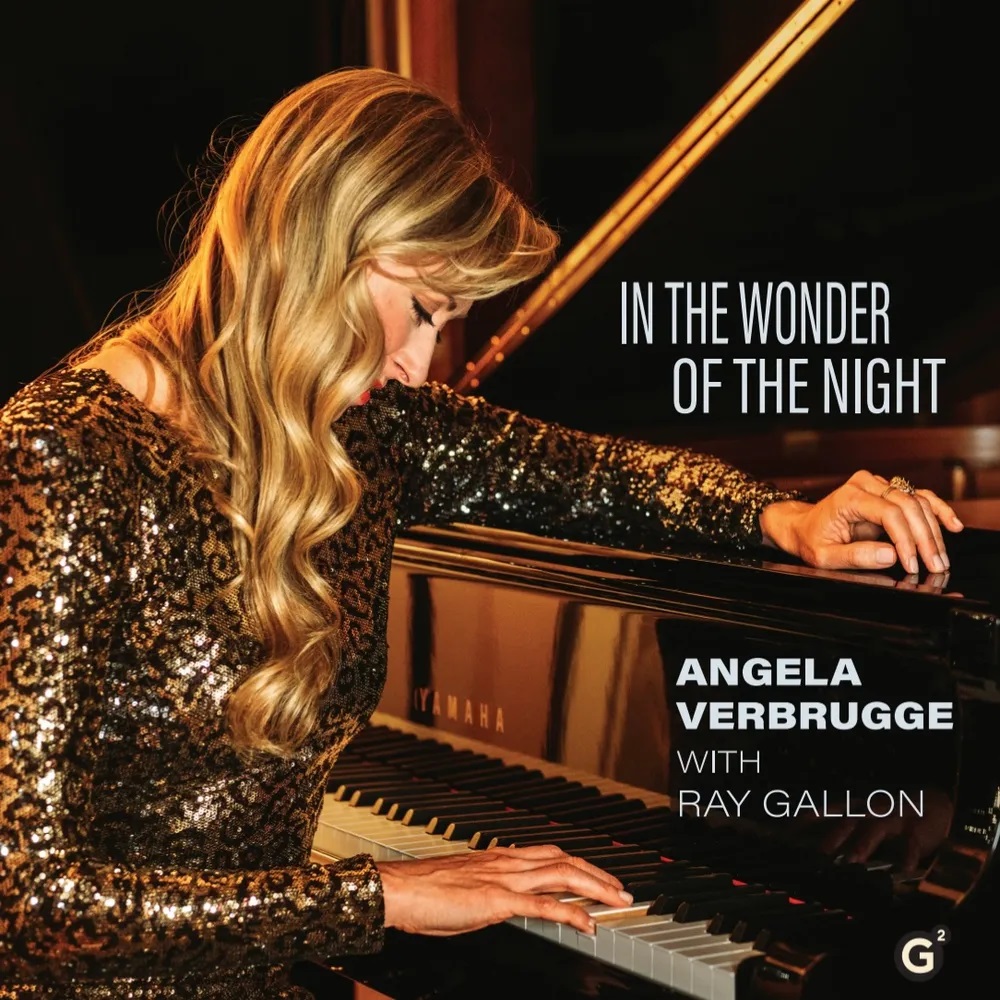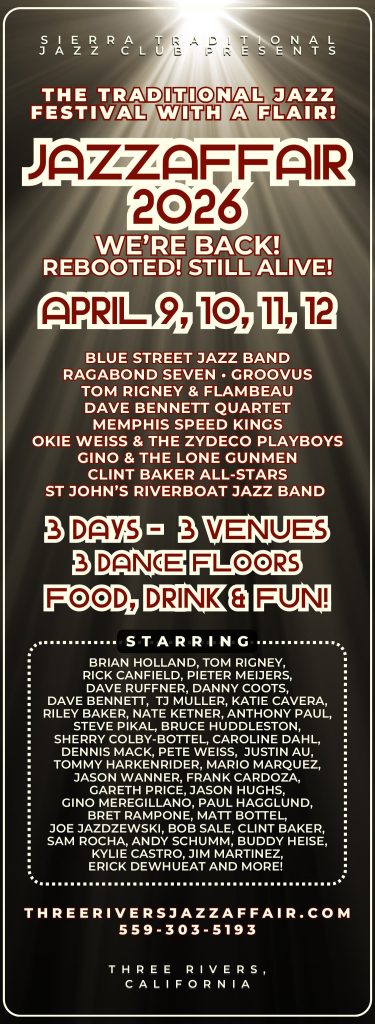![]()
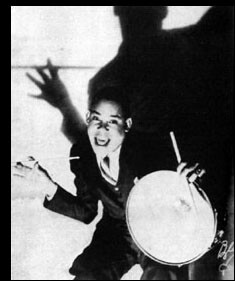 Zutty Singleton (May 14, 1898 – July 14, 1975) was one of the most influential drummers of early Jazz. He popularized the use of brushes and drum solos in Jazz and had some of the best technique of the era.
Zutty Singleton (May 14, 1898 – July 14, 1975) was one of the most influential drummers of early Jazz. He popularized the use of brushes and drum solos in Jazz and had some of the best technique of the era.
Zutty got his start at the Rosebud Theater in New Orleans with Steve Lewis in 1915. During World War I he went to Europe to fight and was wounded. Zutty played in several bands in New Orleans after the war, including Papa Celestin, Luis Russell, and with Fate Marable on the riverboats.
He moved up to St. Louis to play with Charlie Creath and married his sister Marge. He moved back to New Orleans for a year and then moved to Chicago where he worked with Doc Cooke and others. While in Chicago, he and Louis Armstrong and Earl Hines tried to open a club, but it was unsuccessful.
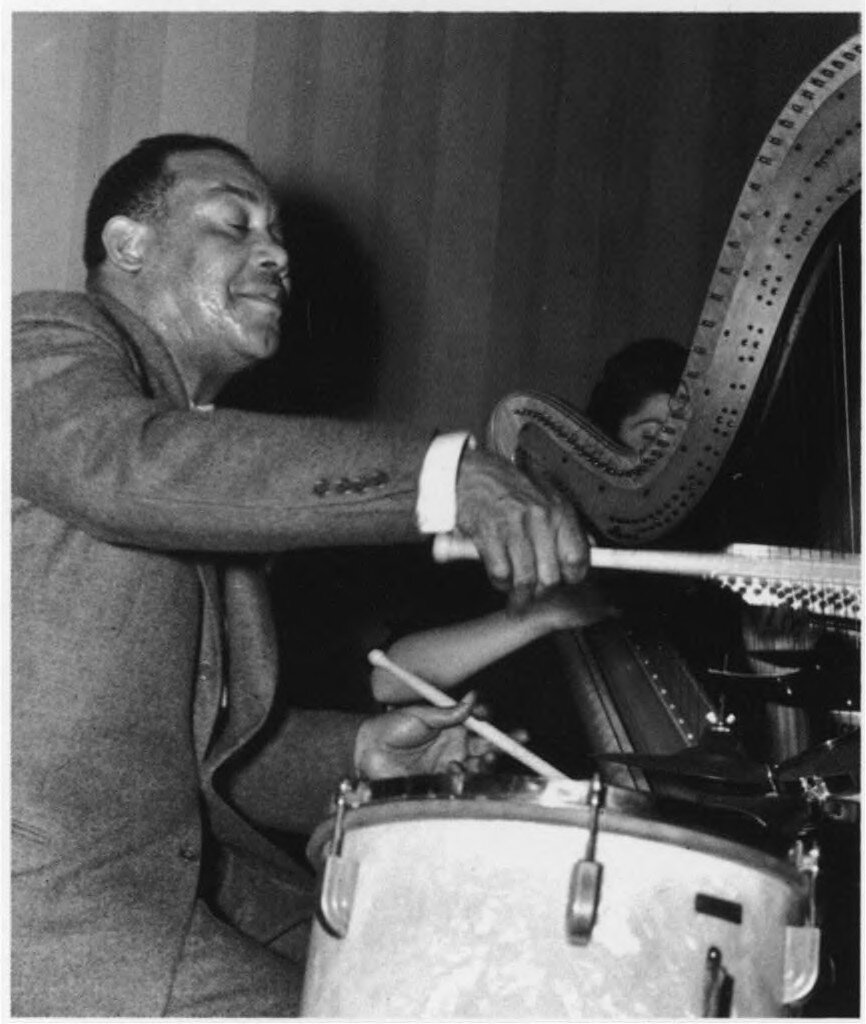
Zutty played on several of the Louis Armstrong and his Hot Five sides, including “A Monday Date“, where Armstrong says, “Come on Zutty, whip those cymbals Pops!”. In 1931 he moved to New York City to play with Fats Waller.
Throughout the Depression, Singleton managed to keep working, often in traveling vaudville shows. In 1933 he moved back to Chicago and joined Carroll Dickerson at the Grand Terrace (3955 South Parkway). Throughout the rest of the Thirties he with a number of bands, including ones led by Roy Eldridge, Mezz Mezzrow and Sidney Bechet. In 1941 he moved to Los Angeles and led or played in a series of bands there. He continued to play up until he retired in 1970 after suffering from a stroke.
| Zutty Singleton and his Creole Band | Zutty Singleton and his Orchestra |
| Zutty Singleton’s Trio | Zutty and his Band |

| Title | Director | Year |
| Stormy Weather | Andrew L. Stone | 1943 |
| New Orleans | Arthur Lubin | 1947 |
Redhotjazz.com was a pioneering website during the "Information wants to be Free" era of the 1990s. In that spirit we are recovering the lost data from the now defunct site and sharing it with you.
Most of the music in the archive is in the form of MP3s hosted on Archive.org or the French servers of Jazz-on-line.com where this music is all in the public domain.
Files unavailable from those sources we host ourselves. They were made from original 78 RPM records in the hands of private collectors in the 1990s who contributed to the original redhotjazz.com. They were hosted as .ra files originally and we have converted them into the more modern MP3 format. They are of inferior quality to what is available commercially and are intended for reference purposes only. In some cases a Real Audio (.ra) file from Archive.org will download. Don't be scared! Those files will play in many music programs, but not Windows Media Player.


